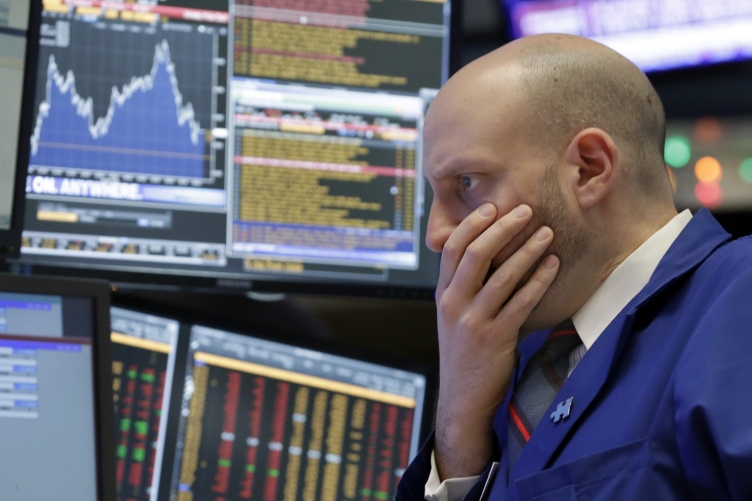
The smaller regional banks in the United States fell hard on the stock exchanges in New York on Monday. The unrest surrounding the collapsed Silicon Valley Bank (SVB) held stock market trading in its grip.
The American authorities have intervened, guaranteeing that all SVB customers will receive their credits back. But investors do not seem convinced that the measures will prevent the spread of SVB’s financial problems to other banks.
For example, the smaller First Republic Bank plummeted 64 percent, despite the bank trying to ease investors’ concerns about its financial situation. However, several analysts lowered their advice for the bank. Industry peers such as PacWest Bancorp and Western Alliance Bancorp lost nearly 75 percent. Charles Schwab and Zions Bancorp fell to 39 percent.
The US authorities also intervened at Signature Bank and closed the shaky crypto bank from New York. The customers of this bank also get all their credits back. In addition, all banks will have additional access to cash at the Federal Reserve. With this, the central bank wants to prevent banks from being forced to sell government bonds at a loss when customers claim their balances.
The measures initially seemed to ensure a recovery in the prices of the major American banks, which were dragged along by the fall of SVB on Friday. Instead, JPMorgan Chase, Bank of America and Wells Fargo continued to slide, dropping nearly 7 percent.
The banking sector’s problems fueled hopes that the Fed may slow down a bit by raising interest rates further. Investment bank Goldman Sachs even expects the Fed to entirely refrain from further rate hikes later this month because of the turmoil in the banking system. The SVB would have run into problems due to the rapid and substantial increases in interest rates.
Shortly after the start of trading, the Dow Jones index was 0.5 percent lower at 31,746 points. The broad S&P 500 fell 1.1 percent to 3,818 points, and the tech exchange Nasdaq lost 1.1 percent to 11,020 points. Due to summertime in the US, the US stock markets will open and close an hour earlier for the next two weeks.







